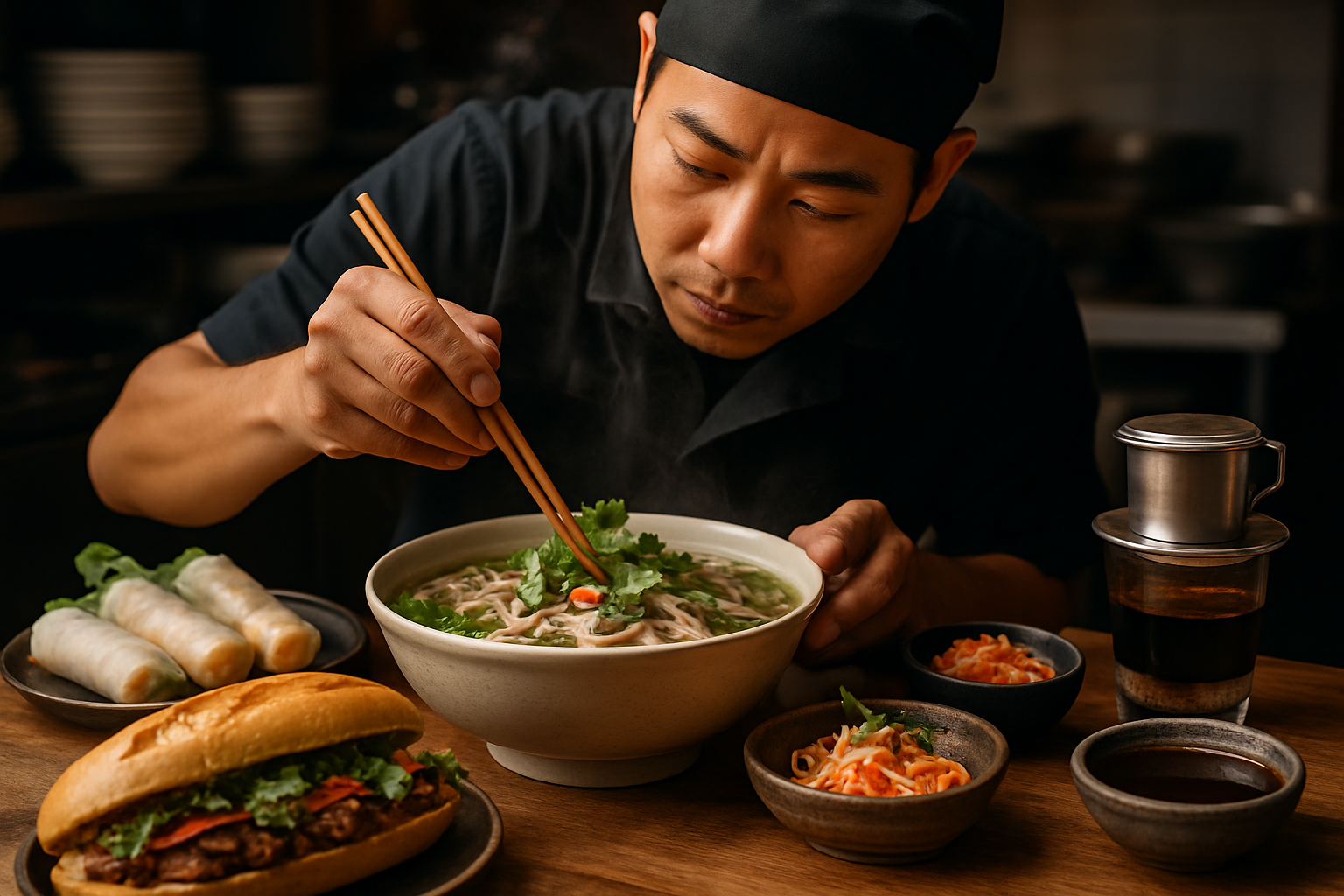Generational Cuisine: How Food Trends Define Age Cohorts
The culinary landscape of America is undergoing a fascinating transformation, with distinct food preferences emerging as markers of generational identity. From avocado toast to TV dinners, our plates tell a story of cultural shifts, technological advancements, and changing social norms. Read below to explore how different generations are shaping - and being shaped by - the food they consume.

These individuals often stick to tried-and-true recipes passed down through generations, viewing food as a means of nourishment rather than an adventure. Their cooking methods tend to be straightforward, with a focus on using every part of an ingredient to minimize waste. This waste-not mentality, born out of necessity, has inadvertently positioned the Silent Generation as unexpected pioneers of the modern zero-waste movement.
Baby Boomers: From TV Dinners to Gourmet Aspirations
The Baby Boomer generation, born between 1946 and 1964, witnessed a culinary revolution. Their early years were marked by the convenience of TV dinners and processed foods, symbols of post-war abundance and technological progress. However, as they aged, many Boomers developed a more sophisticated palate, embracing international cuisines and gourmet cooking.
This generation’s relationship with food is complex, blending nostalgia for the simple meals of their youth with an appreciation for fine dining experiences. They are more likely to dine out regularly and are often willing to spend more on quality ingredients. The farm-to-table movement resonates strongly with Boomers, who see it as a return to the wholesome eating of their childhood, albeit with a modern, gourmet twist.
Generation X: The Culinary Experimenters
Born between 1965 and 1980, Generation X grew up during a time of significant cultural and technological change, which is reflected in their eclectic food preferences. This generation is known for its adventurous palate, willing to try fusion cuisines and exotic ingredients. They balance their appreciation for convenience foods with a growing interest in health and nutrition.
Gen X was the first to grow up with widespread access to microwaves and fast food, leading to a generation comfortable with quick meals. However, as adults, many have embraced cooking as a creative outlet and a way to connect with family. They are likely to experiment with meal kit services and new cooking gadgets, blending their desire for convenience with a passion for culinary exploration.
Millennials: The Foodie Generation
Born between 1981 and 1996, Millennials have earned a reputation as the foodie generation. Their relationship with food is deeply intertwined with their identity and values. This cohort prioritizes experiences over material possessions, and dining out or cooking elaborate meals at home has become a form of self-expression and social currency.
Millennials are driving trends like plant-based diets, artisanal and craft foods, and ethical eating. They are more likely to seek out restaurants and products that align with their personal values, such as sustainability and social responsibility. Social media plays a significant role in their food culture, with many Millennials sharing their culinary experiences online and seeking inspiration from food influencers.
Generation Z: Digital Natives with a Conscience
Born after 1997, Generation Z is still developing its culinary identity, but early trends show a focus on global flavors, customization, and ethical consumption. Growing up in a digital world, Gen Z relies heavily on technology in their food choices, from using apps to order meals to following online recipes and food challenges.
This generation shows a strong interest in the environmental and social impact of their food choices. They are more likely to embrace vegetarian or vegan diets, not just for health reasons but as a statement against industrial farming practices. Gen Z also values authenticity and diversity in cuisine, often seeking out hole-in-the-wall ethnic restaurants or recreating international dishes at home.
Cross-Generational Influence and Future Trends
While each generation has distinct food preferences, there is significant cross-pollination of culinary trends. Younger generations are reviving and reimagining classic dishes, while older generations are becoming more adventurous in their food choices. This exchange is creating a rich, diverse food culture that blends tradition with innovation.
Looking ahead, we can expect to see continued emphasis on sustainability, health, and ethical consumption across all generations. Technology will play an increasingly important role in how we select, prepare, and consume food. From lab-grown meat to AI-assisted cooking, the future of food promises to be as diverse and dynamic as the generations shaping it.
A Feast of Generational Flavors
The story of generational cuisine is more than just a tale of changing tastes; it’s a reflection of our evolving society, values, and identities. As each generation brings its unique perspective to the table, our collective culinary landscape becomes richer and more diverse. By understanding these generational food trends, we gain insight into the cultural shifts that shape our world and the common ground that unites us all - the universal language of food.






